Retro Replay Review
Gameplay
Killing Floor delivers a relentless cooperative experience that pits you and your squad against ever-escalating waves of horrific specimens. Matches start with a modest swarm of nimble foes, allowing players to find their footing, gather weapons, and coordinate initial tactics. As rounds progress, the number and ferocity of enemies surge dramatically, demanding constant communication and resource management to survive.
(HEY YOU!! We hope you enjoy! We try not to run ads. So basically, this is a very expensive hobby running this site. Please consider joining us for updates, forums, and more. Network w/ us to make some cash or friends while retro gaming, and you can win some free retro games for posting. Okay, carry on 👍)
The arsenal in Killing Floor is both expansive and satisfying, featuring everything from trusty pistols and combat shotguns to explosive launchers and brutal melee weapons like axes and chainsaws. Each firearm offers distinct handling, reload characteristics, and damage profiles, ensuring each player can find a loadout that suits their playstyle. Scavenged ammo and scarce armor pickups force teams to weigh risk versus reward when venturing into open areas.
What truly sets the gameplay apart is the Perk system, which lets players specialize into roles such as Sharpshooter, Medic, or Demolitionist. Gaining experience in a chosen Perk unlocks improved weapon handling, faster reloads, and unique passive bonuses. As you level up, team composition becomes vital: a balanced group of specialists coordinated in positioning and target priority can steamroll even the toughest boss wave.
Graphics
Despite its 2009 release, Killing Floor’s visuals hold up remarkably well thanks to its gritty art direction and polished character models. The environments—ranging from derelict London streets to claustrophobic interiors—are richly detailed, with grime-streaked walls, flickering lights, and pools of blood that convey a sense of bleak desperation. Textures aren’t hyper-realistic by modern standards, but clever lighting and shader effects deliver an immersive atmosphere.
The grotesque design of the specimens stands out as a showcase of the game’s commitment to horror. Twisted limbs, exposed musculature, and unsettling animations combine to create enemies that are both repulsive and intimidating. Particle effects such as flying gore, muzzle flashes, and burning embers during explosions enhance the visceral impact of each firefight.
Map variety adds visual freshness to each session. From the debris-strewn streets outside a shattered hospital to the cold steel corridors of a commercial building, every locale feels thoughtfully constructed. Dynamic lighting—like the glow of flares or the sudden blackout before a boss appears—ensures that tension is maintained both in sight and sound.
Story
Killing Floor does not indulge in lengthy cutscenes or complex narratives; instead, it plants players in a post-outbreak London overrun by failed bioengineering experiments known as specimens. Minimal exposition is provided through briefing texts and the occasional radio dispatch, allowing the action itself to tell the story. This stripped-down approach keeps the focus squarely on cooperative survival.
While there is no branching plot, the lore seeps through environmental details—the blood-smeared walls, abandoned notes, and shattered lab equipment hint at the catastrophe that befell the city. This method of world-building encourages players to piece together the backstory on their own, giving a sense of discovery between wave assaults.
The climactic encounter with the Patriarch serves as the game’s narrative pinnacle. As the mutated mastermind behind the specimen outbreak, this hulking boss delivers an electrifying finale to each match. Defeating him doesn’t reveal new story chapters, but the sheer thrill of coordination, resource depletion, and skill execution provides a narrative arc of rising tension and ultimate triumph.
Overall Experience
Killing Floor excels as a pick-up-and-play co-op shooter that offers intense replayability. Each session’s dynamic difficulty scaling and randomly generated spawn points keep encounters unpredictable, meaning no two matches feel identical. The game’s focus on teamwork fosters a tight-knit community, and public servers often feature veteran players eager to guide newcomers.
The pacing is expertly tuned: early rounds allow for scavenging and casual skirmishes, while later waves crescendo into frantic battles for survival. Even when the odds seem insurmountable, the satisfaction of mounting a comeback or coordinating the final blow against the Patriarch is immensely rewarding. Occasional downtime between waves provides moments to strategize, heal, and restock, maintaining a balanced rhythm of tension and relief.
For fans of cooperative shooters and horror-themed combat, Killing Floor remains a must-play title. Its straightforward premise, combined with deep progression and a compelling Perk system, ensures it stands the test of time. Whether you’re a new recruit or a seasoned survivor, the game offers countless hours of blood-soaked fun and challenge.
 Retro Replay Retro Replay gaming reviews, news, emulation, geek stuff and more!
Retro Replay Retro Replay gaming reviews, news, emulation, geek stuff and more!
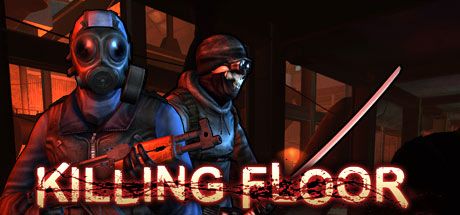
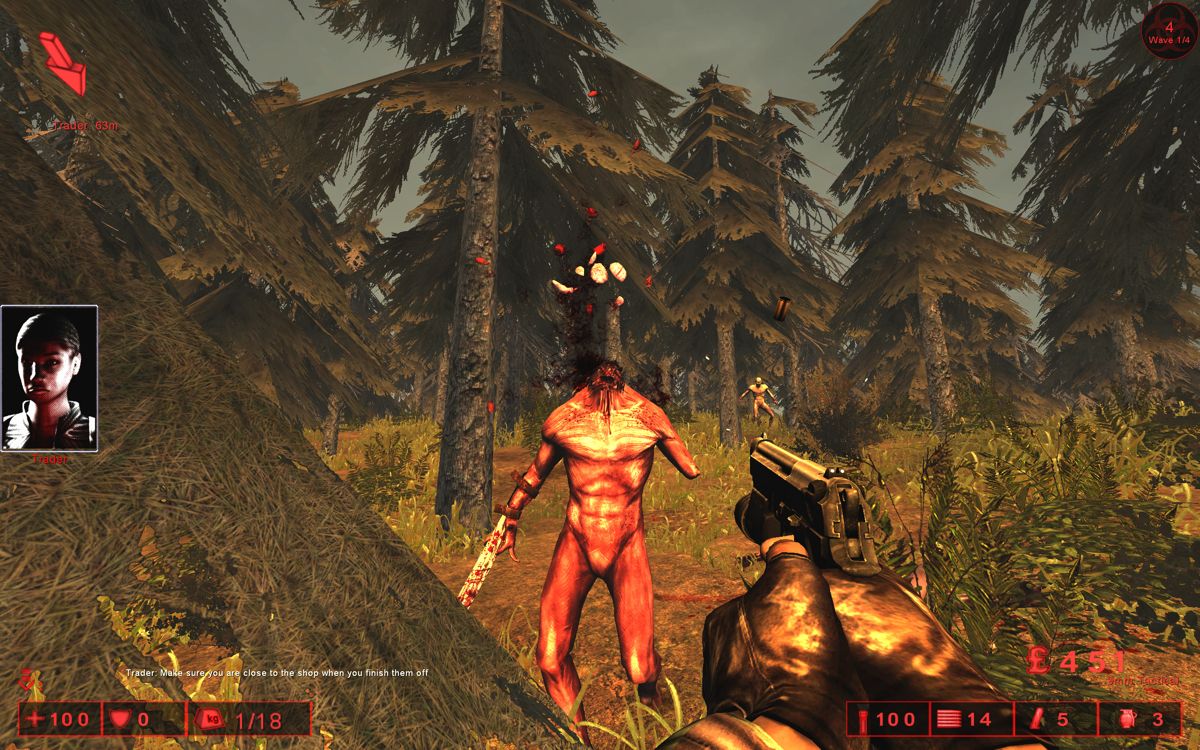
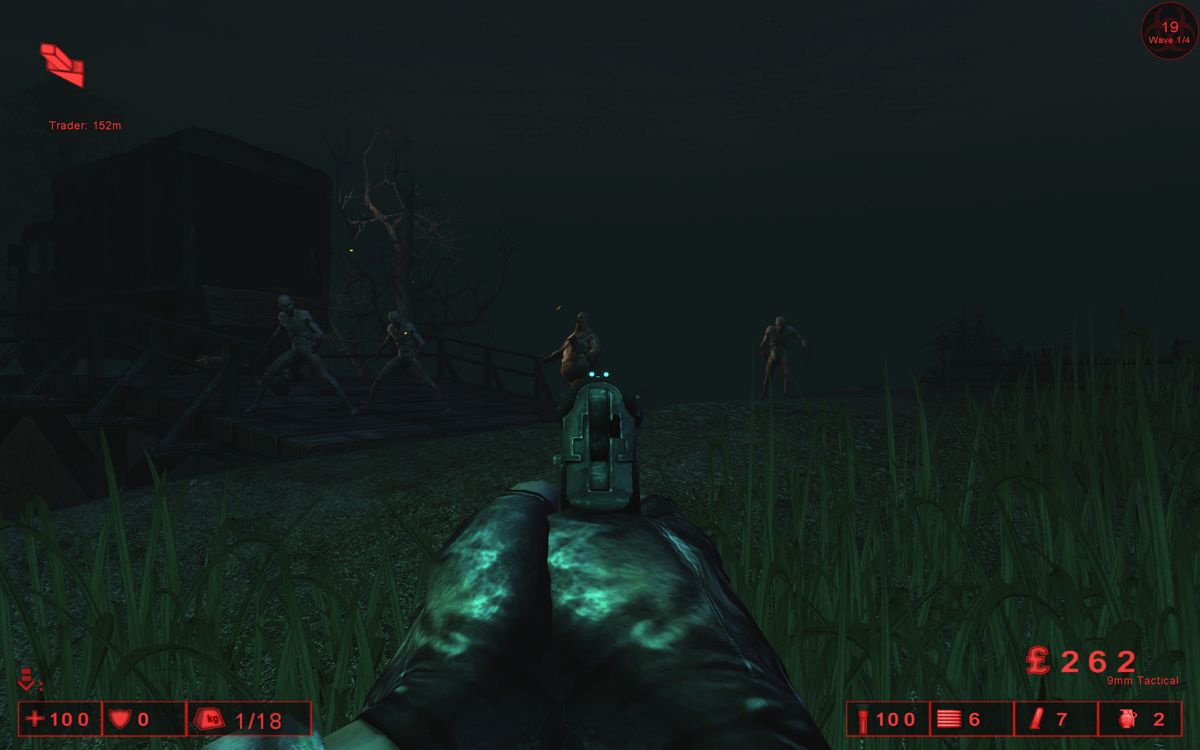
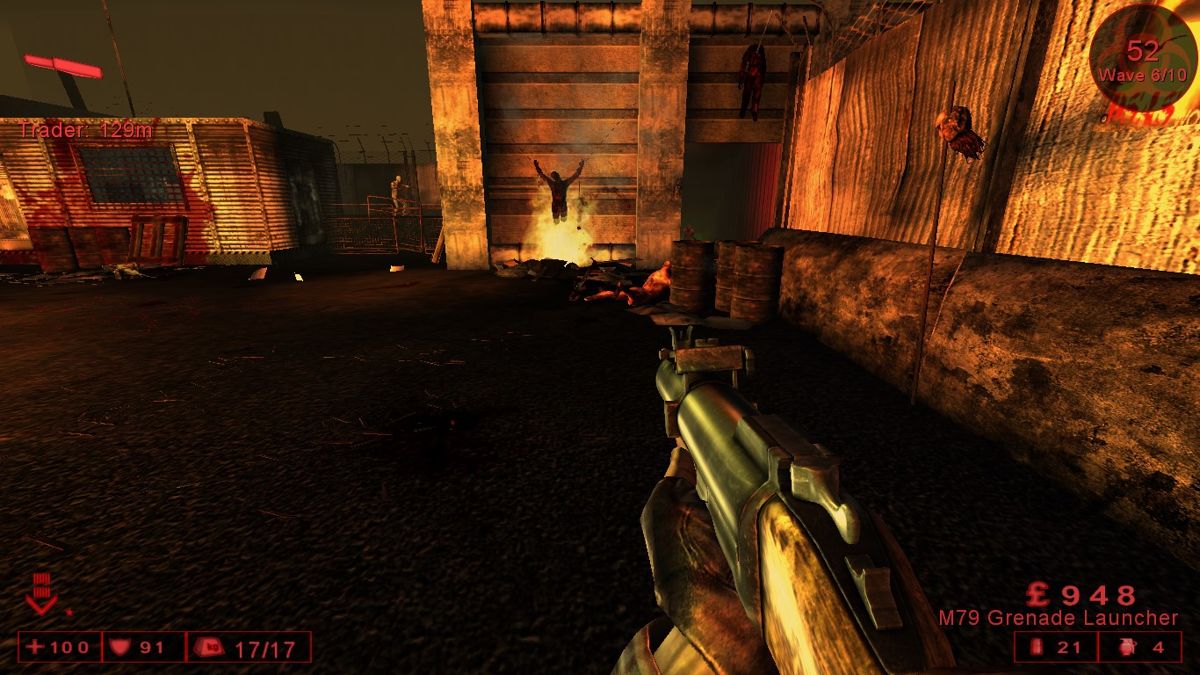
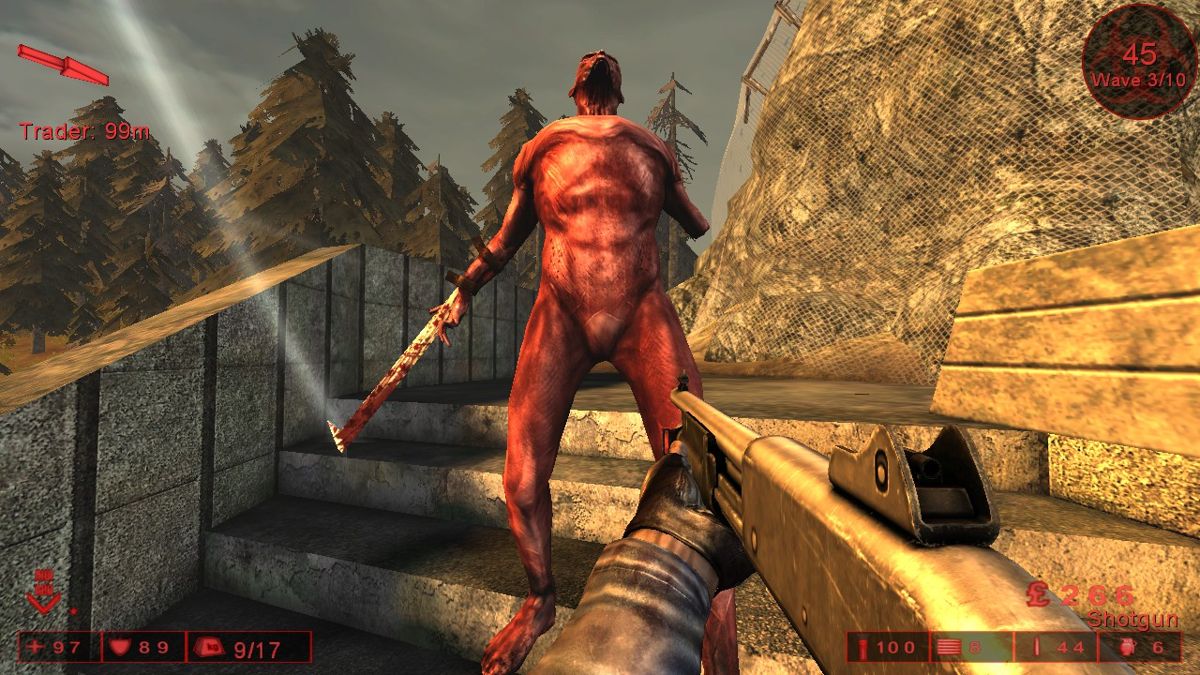
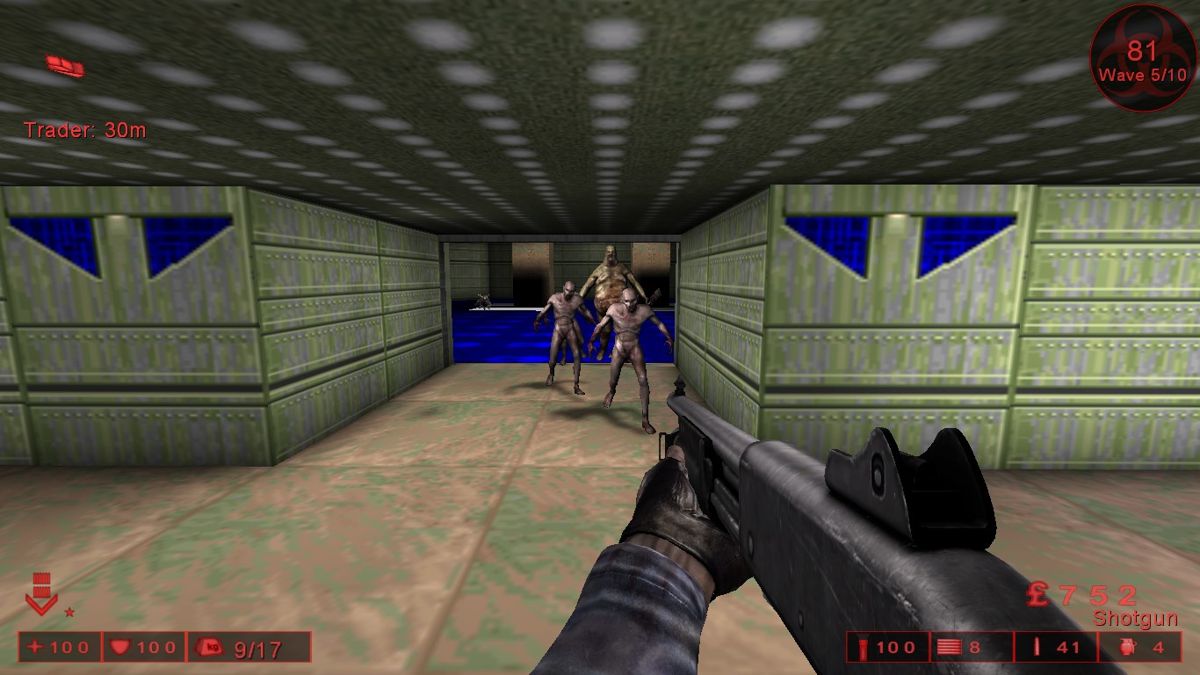

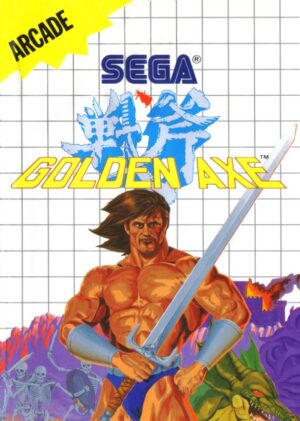

Reviews
There are no reviews yet.